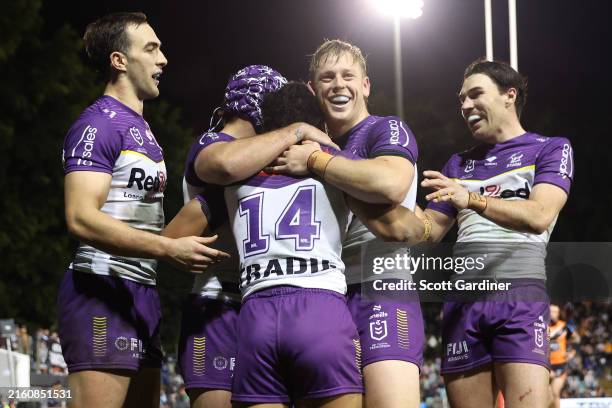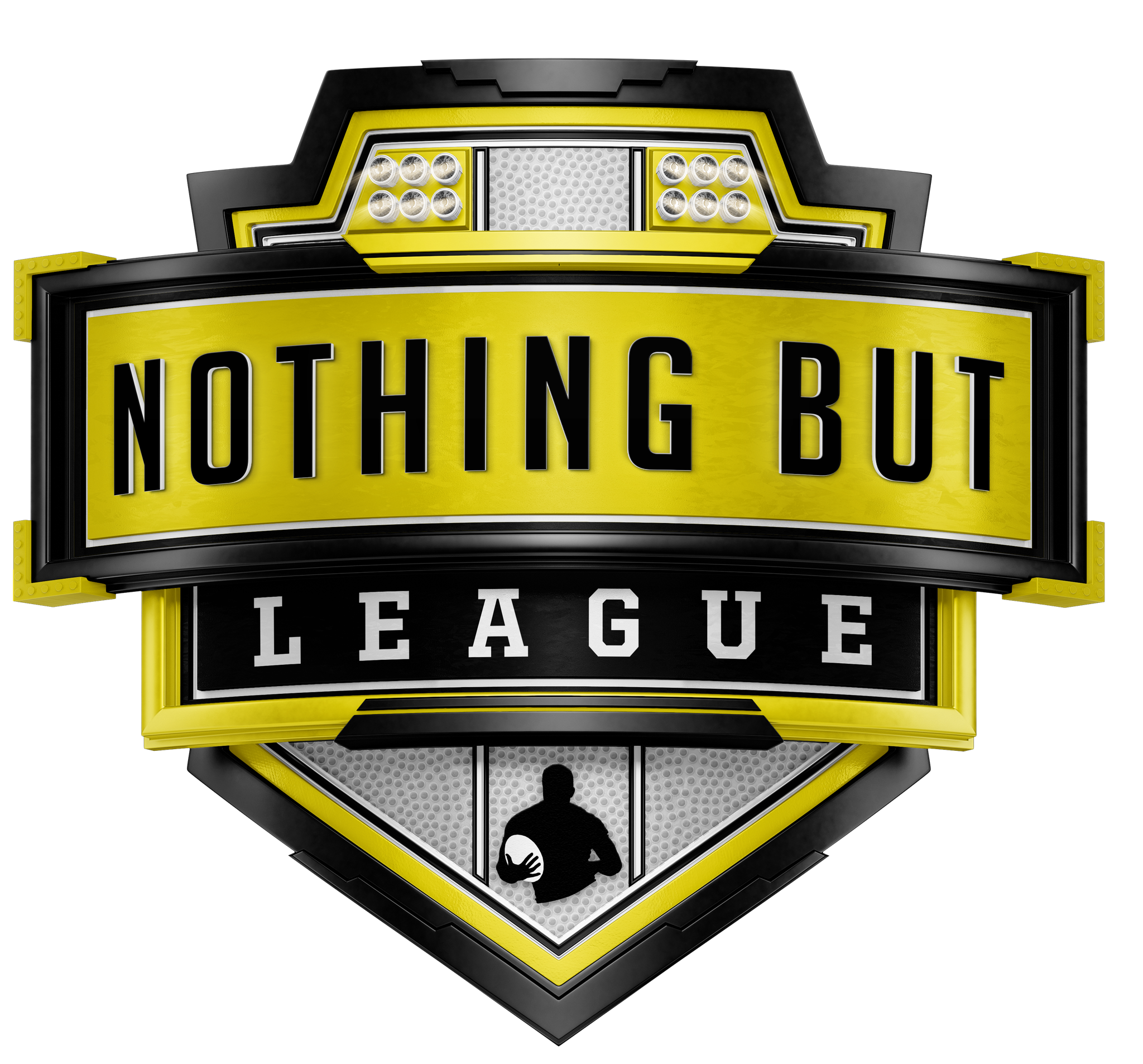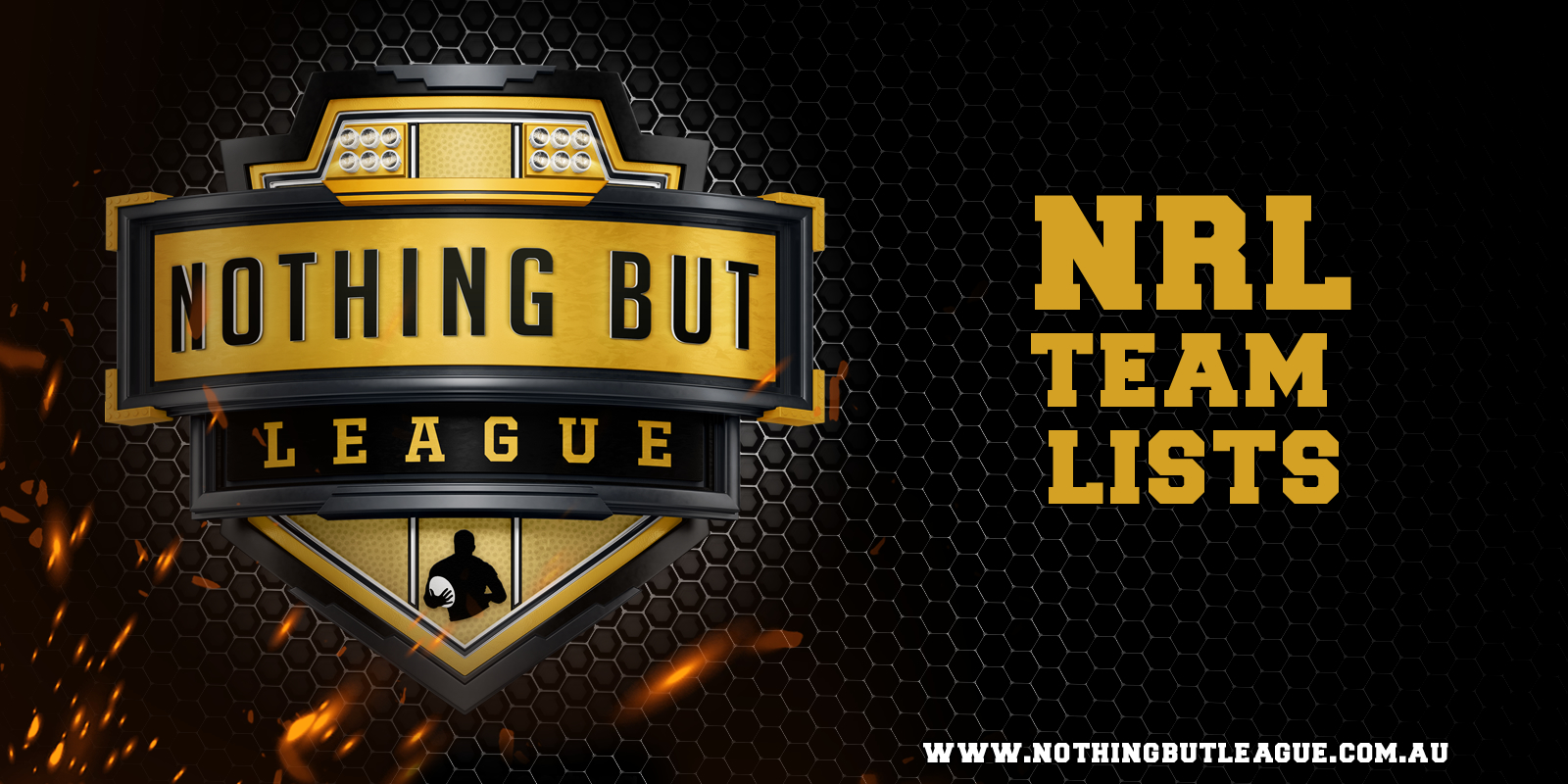If the NRL wishes to cure the penalty disease currently plaguing the game, referees mustn’t be afraid to use the sin-bin.
I applaud Matt Cecchin for sending Cameron Smith off for ten minutes on Friday night following the tirade of verbal abuse levelled at him and his assistant by the Melbourne Storm.
It was also pleasing to see James Tamou sent for a sit down on Thursday when the Penrith penalty count was beginning to get out of hand.
If the referees wish to continue blowing regular penalties they must persist with using the sin bin as a deterrent. Hopefully this will send a message to players and coaches that any slight infringement will not be tolerated.
For too many years now players have been coached to slow down the play-the-ball or give away a penalty close to the line to avoid conceding four points. This has led to several unattractive games and an increase in teams electing to kick a penalty goal rather than attempt a try-scoring play.
The catch-22 situation here is that the crackdown on these negative tactics by the referees has in itself stymied the natural flow of the game.
Anyone watching Friday night’s clash between Melbourne and Cronulla, whether at the ground or in front of their television sets, would’ve been left frustrated by the constant blowing of penalties.
They detracted from the spectacle and caused the game to become disjointed and unwatchable. There was no flow, no rhythm, and if you’re a casual fan of rugby league, I don’t blame you for changing the channel.
The NRL will know that it faces an uphill battle competing with the AFL, which continues to expand its reach into the eastern states.
The players are also aware that they are all members of the entertainment industry and that their performances – which influence the quality of the product they produce each weekend – determines whether fans will invest time and energy in supporting it.
The NRL is not just competing with rival codes, of which there are many at this time of year, they are competing with the entire entertainment industry.
With the advent of streaming services such as Netflix, there are now several choices where there was once few and the battle for attention has heightened.
More and more fans will be lost to these alternative forms of entertainment if the game continues down the path it is headed.
But that doesn’t mean the referees should stop blowing penalties to avoid momentum-restricting stoppages, because if they are there to be given, they have no other choice.
It is important, however, the referees continue to show discretion in their decision-making, as fans will be turned away by the kind of nitpicking that gifts teams field position and, ultimately, victory.
This is the cause of as much frustration as the stoppages created by penalties. No fan wants to watch a game that is heavily influenced by the referees.
And yet the crackdown on negative play should be encouraged. If allowed to continue, it will, quite ironically, lead to a more polished and free-flowing game.
Defensive units will stay back the required ten meters and allow the playmakers to run. Teams will abandon the wrestle tactic. The ruck will improve. Games will speed up and fatigue will start to play a factor again.
The NRL will look less like Super Rugby, with penalty goals kicked at will, and more like the game ardent followers fell in love with.
But if the increase in penalties is not met with an appropriate punishment, such as a stint in the sin bin for a member of a team that commits several offences, the NRL is in for a mass exodus led by disgruntled fans.
Another option is implementing a 5-minute sin-bin for any player that deliberately gives away a penalty close to their own line. This way referees will be more inclined to send a player off and teams will cease employing tactics that are likely to incur a penalty.
The risk in this method concerns that well discussed Rugby League phenomenon – the grey area – because it relies on referee discretion.
But if it helps rub out what is a blight on the game, even while raising the ire of coaches, then the NRL must consider it.
My guess is the referees will buckle under the weight of public opinion and the current crackdown will cease.
But if it does continue, is it too much to ask for the NRL to be proactive in managing it?





